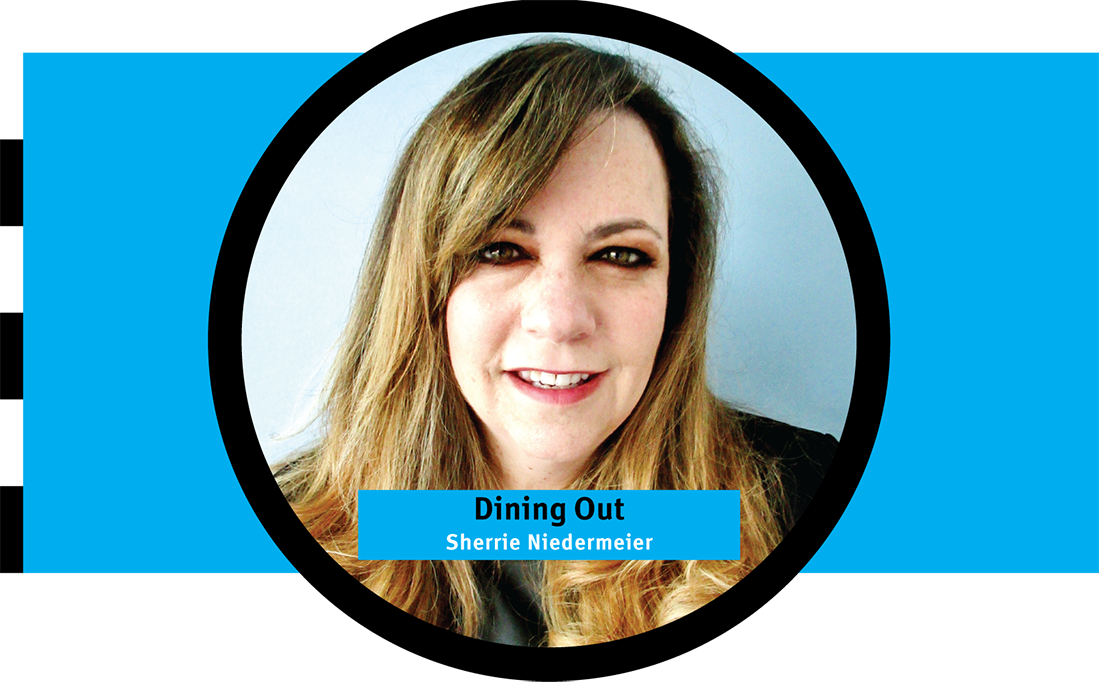I have always been interested in fitness and nutrition. That being the case, I have worked out with a personal trainer for more than a decade. This guy, Rob, has me turn in a food diary every single week, and every single week we discuss my food choices as we work to increase my muscle mass. Rob’s focus has always been on keeping proteins and carbs in balance as a minimum. Best case scenario for Rob is to tip the scale in the direction of eating protein. So, if I want a pancake for breakfast, that’s fine, but I should eat an egg with it. Of course, eating two eggs and adding breakfast meat would be better still.
Suffice it to say, for years I have actively thought about protein. That being the case, when I recently decided to give up most animal protein in favor of a plant-based diet, I had to stop to think about how I would meet my protein needs. When I went to Mayo Clinic’s website for the facts, I realized how large my protein need is. I also realized that a couple of my friends — whose weight control plan is to only eat two times a day — might want to consider this information too.

Before I start, here are three disclaimers.
• My degree is in elementary education, not in nutrition, so I am passing on information I have read. I am not doing scientific studies on my own.
• If you check with five experts, you will get seven opinions. Thus, you need to choose who you trust. I always go to the Mayo Clinic for health information and their opinion is what I will quote here.
• And finally, before a change in diet, it makes sense to chat with your doctor (In the case of protein consumption, this is especially important if you have liver or kidney issues.).
That said, the Mayo Clinic tells us the protein needs of a 165-pound (75 kilogram) person with extra consideration for age and activity level:
• An adult of this weight should consume 60 grams of protein daily.
• Once an adult reaches age 40-50, loss of muscle mass (sarcopenia) starts to set in, so protein needs are greater. Such a person should consume 75-90 grams of protein daily.
• People who exercise regularly have even higher protein needs: 83-113 grams.
• People who do a lot of weight training and/or are training for a running or cycling event need 90-128 grams.
• But don’t get carried away with too much protein. Excessive intake for this person is 150 grams daily.
When I run these numbers for my weight, age, and activity level, I need to eat 65-88 grams of protein a day. When I used to eat a four-ounce cheeseburger, this gave me 24 grams of protein. Now, my serving of black beans and rice gives me less than half of that, 11 grams. As a new pescatarian, I am gaining certain health benefits, but I can’t do so at the cost of reducing protein. Here’s why…
The Mayo Clinic has already told us that everyone over the age of 40 is losing muscle mass due to aging. They also tell us that eating protein helps to build and repair lean muscle tissue and gives us this wonderful perk: The more muscle a person has, the higher their metabolic rate and the more calories they burn even at rest. If that’s not enough good news, protein decreases the hunger hormone and increases the hormone that makes the body feel full and satisfied. Even more exciting, Rob adds that if we eat enough protein, we will not crave sweets.
Here are a couple of things to keep in mind when seeking protein:
• It is better to get proteins from food instead of from protein drinks and/or bars.
• Your body cannot store protein, so 30 grams is the maximum to consume at any time. (An ounce of steak has seven grams of protein, so forget that 14-ounce center cut New York strip steak on the menu. A five-ounce serving is more than you need.)
• For people who are overweight, their protein needs are determined by their goal weight not by their current weight.
Even though I have thought about protein consumption for years, this new concern about protein seems rather overwhelming. Except it’s not really.
Thanks to a friend, I have found a free app online that tracks nutrition. There are many such apps. The one she suggested is called MyFitnessPal. Yes, I have to enter all the foods I eat daily – but I have done that for years with Rob. The greatness of this new system is that as I write down the food, the app figures out and tallies the corresponding macronutrients – not just protein, but carbohydrates and fat as well. Additionally, it tells me the amount of fiber, sodium, potassium, Vitamins A and C, calcium, and iron in any given food. It’s a bonanza of nutrition information.
For some, such an app may be ridiculous. So let me simplify my nutrition advice this way: Figure out how much protein you need, then count grams of protein consumed daily to be sure you reach that goal. That’s it. That’s all you need to do.
With the proper amount of protein, more muscle mass and better health can be yours. Most likely, other good nutritional changes will fall in place from there.





